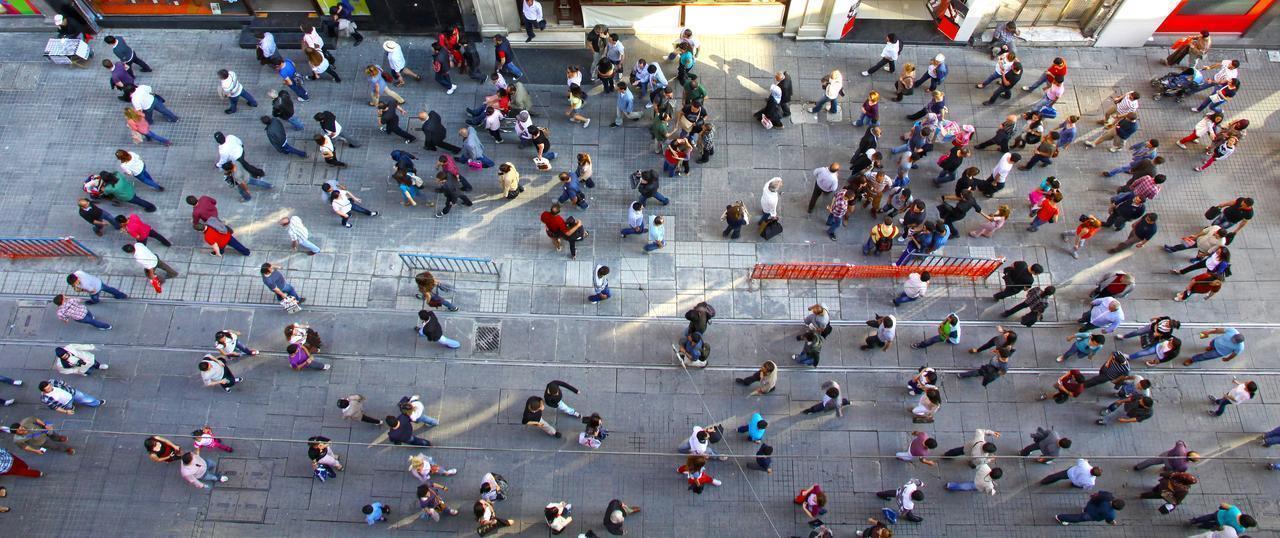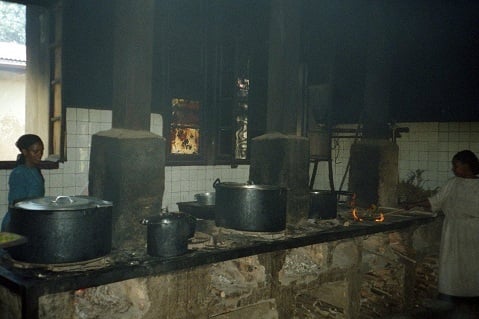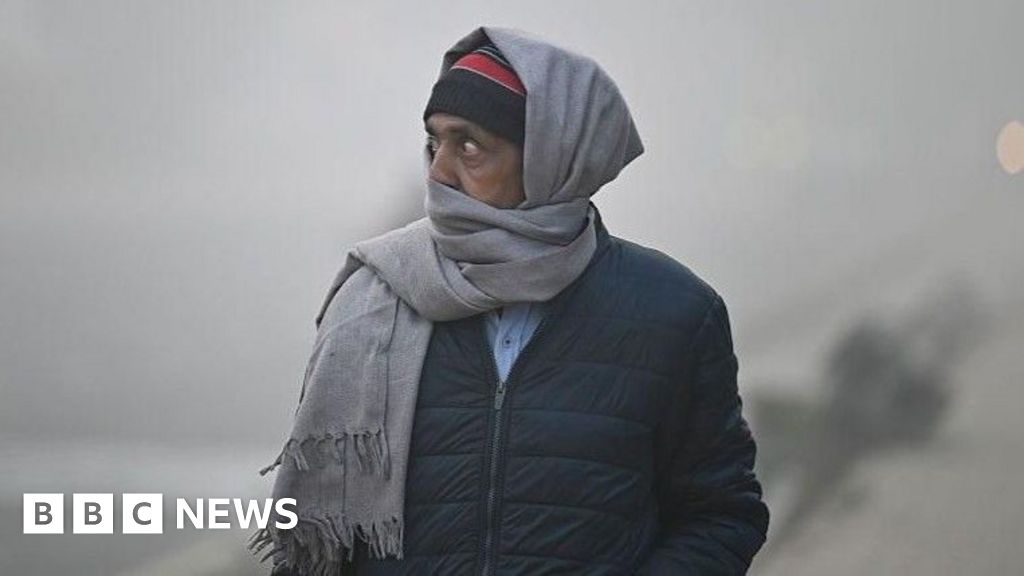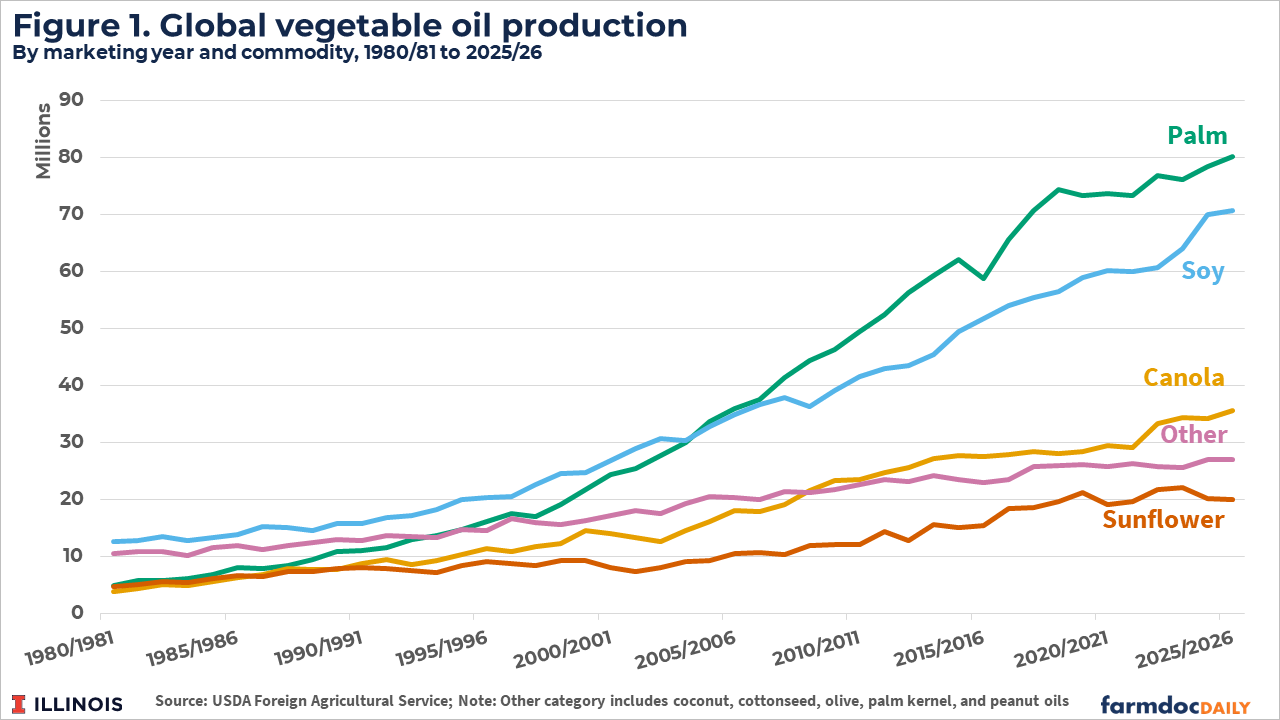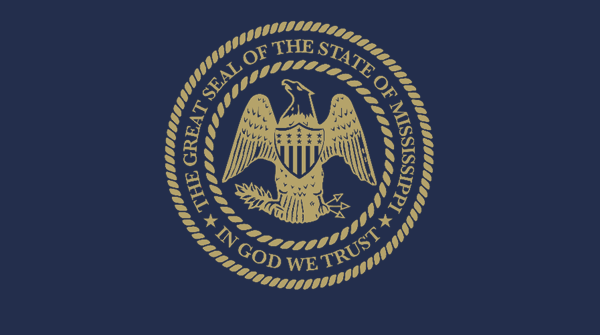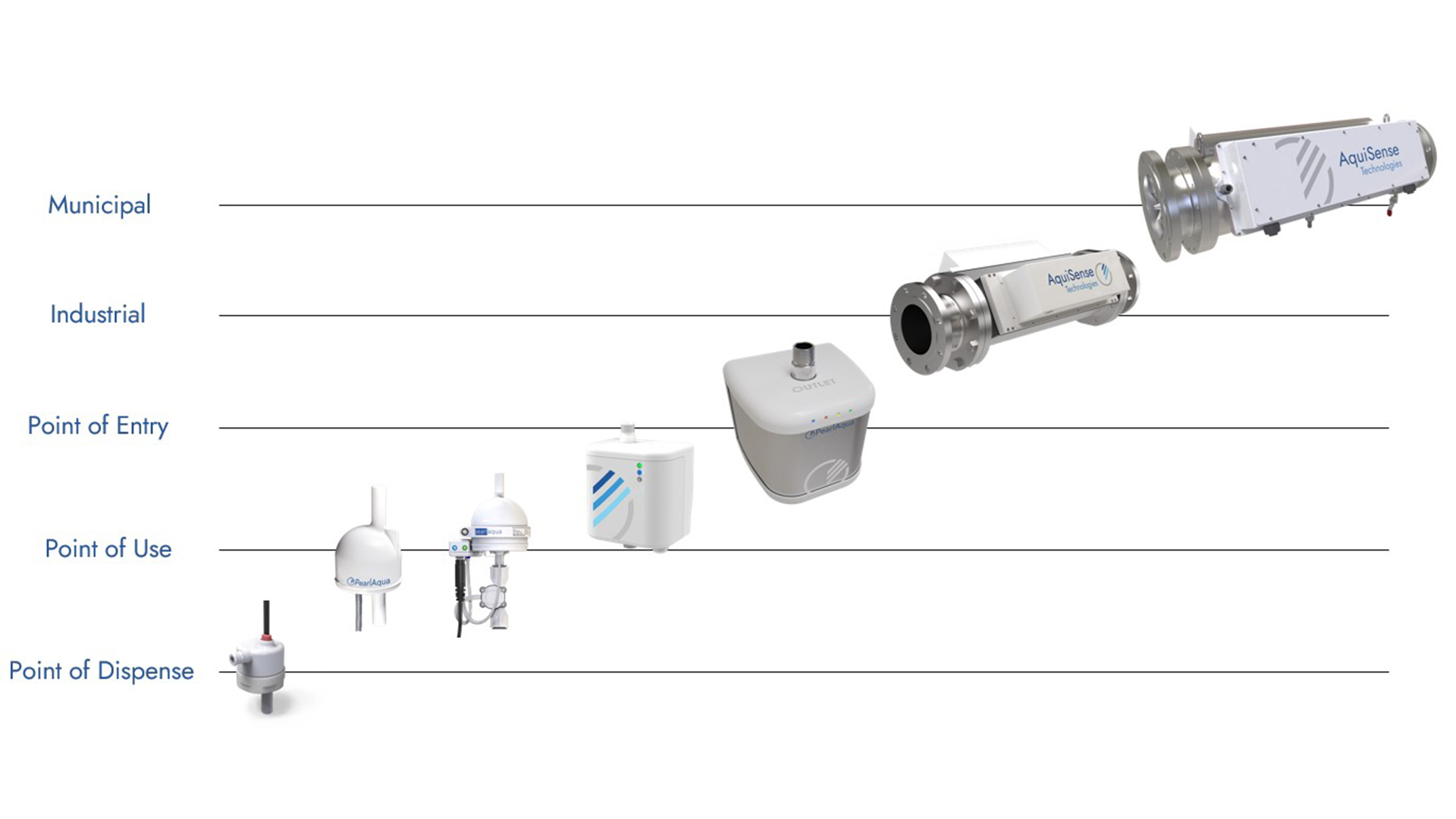UN Human Rights Council urged to maintain international scrutiny in Sri Lanka – Jurist.org

Report on Sri Lanka’s Human Rights Situation and Alignment with Sustainable Development Goals
Call for Continued UN Oversight
A coalition of international civil rights organizations, including Amnesty International, the Asian Forum for Human Rights and Development, Human Rights Watch, and the International Commission of Jurists, has formally urged the UN Human Rights Council (UNHRC) to renew its oversight mandate concerning the human rights situation in Sri Lanka. This appeal precedes the 60th session of the council and highlights significant shortcomings in the nation’s progress towards achieving key Sustainable Development Goals (SDGs), particularly SDG 16 (Peace, Justice and Strong Institutions).
Deficiencies in Achieving SDG 16: Peace, Justice and Strong Institutions
Failure in Accountability and Access to Justice (SDG Target 16.3)
The report indicates a severe lack of political will from the Sri Lankan government to uphold the rule of law and ensure equal access to justice. This directly undermines the objectives of SDG 16. Key failures include:
- Absence of an independent prosecutorial mechanism to ensure accountability for past human rights violations and international crimes.
- Ineffective investigation into critical human rights issues, as noted by UN High Commissioner for Human Rights Volker Türk.
- Persistent lack of resolution for cases involving custodial deaths, arbitrary arrests, and enforced disappearances.
Erosion of Fundamental Freedoms and Institutional Integrity (SDG Targets 16.6 & 16.10)
The development of effective, accountable, and transparent institutions is a core component of SDG 16. However, actions against civil society actors suggest a regression in this area. The government’s failure to protect fundamental freedoms is evidenced by:
- Systematic surveillance of human rights defenders.
- Harassment of independent journalists, such as the case of photojournalist Kanapathipillai Kumanan for his work on the Chemmani mass grave excavations.
- Inadequate protection for victims and witnesses, which compromises public access to information and justice.
Challenges in Legislative Reform and Counterterrorism (SDG Target 16.a)
The coalition of rights groups has emphasized the need to repeal the Prevention of Terrorism Act (PTA), described as “draconian.” The continued existence of this legislation is inconsistent with building peaceful and inclusive societies. Recommendations include:
- Repealing the PTA and adopting a holistic transitional justice approach.
- Implementing trust-building initiatives, ensuring due process, and providing effective remedies for victims of terrorism and counterterrorism measures.
Setbacks for SDG 10: Reduced Inequalities
Lack of Reconciliation and Protection for Minority Communities (SDG Target 10.2 & 10.3)
The report highlights a critical failure to advance SDG 10 by ensuring the inclusion and equal treatment of minority communities. The long-awaited reconciliation with the Tamil community has stalled, and systemic discrimination persists.
- During the three-decade internal armed conflict, Tamil civilians suffered severe human rights violations.
- Oppression against the Tamil community continues, with recent reports from the International Truth and Justice Project detailing ongoing abductions and torture by security forces.
- Human Rights Watch has also cited repression against other religious minorities, including Hindus and Muslims, calling for renewed international scrutiny to address these inequalities.
Conclusion: The Imperative for Mandate Renewal
The OHCHR’s mandate to monitor and report on the human rights situation in Sri Lanka, established in March 2021 and renewed in 2022 and 2024, is set to expire. Given the significant and ongoing deviations from the principles enshrined in the Sustainable Development Goals, particularly SDG 16 and SDG 10, the rights groups assert that the renewal of the Sri Lanka accountability project by the UNHRC is essential to foster accountability, promote justice, and protect the rights of all citizens.
Analysis of Sustainable Development Goals in the Article
1. Which SDGs are addressed or connected to the issues highlighted in the article?
-
SDG 16: Peace, Justice and Strong Institutions
- This goal is central to the article, which focuses on the failure of the Sri Lankan government to ensure accountability for human rights violations, establish independent judicial mechanisms, and protect fundamental freedoms. The call for the UN Human Rights Council’s oversight, the criticism of the lack of an “independent prosecutorial mechanism,” and concerns about arbitrary arrests, enforced disappearances, and the draconian “Prevention of Terrorism Act” all directly relate to building peaceful, just, and strong institutions.
-
SDG 10: Reduced Inequalities
- The article explicitly discusses the ongoing oppression and human rights violations against minority communities, particularly the Tamil community, as well as Hindus, Muslims, and other religious minorities. The lack of reconciliation and continued discrimination, abduction, and torture of Tamil civilians highlight significant inequalities and the failure to protect and include minority groups, which is a core component of SDG 10.
2. What specific targets under those SDGs can be identified based on the article’s content?
-
Under SDG 16: Peace, Justice and Strong Institutions
- Target 16.1: Significantly reduce all forms of violence and related death rates everywhere. The article points to a failure to meet this target by citing ongoing issues of “custodial deaths,” “enforced disappearances,” and the continued abduction and torture of Tamil civilians by security forces.
- Target 16.3: Promote the rule of law at the national and international levels and ensure equal access to justice for all. This target is directly addressed by the criticism that Sri Lanka’s government lacks the “political will to establish an independent prosecutorial mechanism to ensure accountability for human rights violations.” The article also mentions failures in “victim and witness protection” and ensuring “due process.”
- Target 16.6: Develop effective, accountable and transparent institutions at all levels. The entire premise of the article—the call for the renewal of the UN’s “Sri Lanka accountability project”—stems from the perceived failure of Sri Lankan institutions to be accountable and transparent regarding human rights.
- Target 16.10: Ensure public access to information and protect fundamental freedoms, in accordance with national legislation and international agreements. This target is relevant due to the reported “harassment against photojournalist Kanapathipillai Kumanan for his work” and the “surveillance of human rights defenders,” which are direct attacks on fundamental freedoms, including freedom of the press and expression.
-
Under SDG 10: Reduced Inequalities
- Target 10.2: By 2030, empower and promote the social, economic and political inclusion of all, irrespective of age, sex, disability, race, colour, ethnicity, origin, religion or other status. The article highlights the lack of “reconciliation with the country’s minority communities” and the ongoing “oppression against the Tamil community,” indicating a failure to promote inclusion.
- Target 10.3: Ensure equal opportunity and reduce inequalities of outcome, including by eliminating discriminatory laws, policies and practices and promoting appropriate legislation, policies and action in this regard. The call to repeal the “Prevention of Terrorism Act,” described as “draconian,” directly relates to this target, as the law is implicated in the repression of minorities and human rights defenders. The article also cites “repression against Hindus, Muslims, and other religious minorities.”
3. Are there any indicators mentioned or implied in the article that can be used to measure progress towards the identified targets?
-
For SDG 16 Targets:
- Indicator for Target 16.1: The number of reported cases of custodial deaths, enforced disappearances, abductions, and torture. The article implies this through references to the UN High Commissioner’s conclusion that the country failed to “effectively investigate custodial deaths” and reports of security forces continuing to “abduct and torture Tamil civilians.”
- Indicator for Target 16.3: The existence and operational independence of a prosecutorial mechanism for human rights violations. The article directly points to the lack of such a mechanism as a key failure. Another indicator is the number of effective victim and witness protection programs, which the article also notes as a failure.
- Indicator for Target 16.6: Government compliance with international human rights monitoring and resolutions. The central issue of renewing the OHCHR’s mandate to “monitor human rights violations in Sri Lanka” serves as a direct indicator of the international community’s assessment of the country’s institutional accountability.
- Indicator for Target 16.10: Number of verified cases of harassment, surveillance, and attacks on journalists and human rights defenders. The specific case of the government’s “harassment against photojournalist Kanapathipillai Kumanan” and the mention of “surveillance of human rights defenders” serve as concrete examples for this indicator.
-
For SDG 10 Targets:
- Indicator for Target 10.2 & 10.3: The legal status of discriminatory legislation. The call to “repeal its Prevention of Terrorism Act” makes the existence of this law a negative indicator. Its repeal and replacement with a “holistic transitional approach” would be a positive indicator of progress.
- Indicator for Target 10.2: Implementation of reconciliation initiatives for minority communities. The article’s statement on the “government’s lack of effort in achieving the long-awaited reconciliation with the country’s minority communities” implies that the number and effectiveness of such initiatives can be used as a measure of progress.
Summary of Findings
| SDGs | Targets | Indicators |
|---|---|---|
| SDG 16: Peace, Justice and Strong Institutions |
16.1: Reduce all forms of violence.
16.3: Promote the rule of law and ensure equal access to justice. 16.6: Develop effective, accountable and transparent institutions. 16.10: Ensure public access to information and protect fundamental freedoms. |
– Number of reported cases of custodial deaths, enforced disappearances, and torture.
– Establishment of an independent prosecutorial mechanism; number of human rights violations investigated and prosecuted. – Compliance with UN Human Rights Council resolutions and renewal of the OHCHR monitoring mandate. – Number of verified cases of harassment and surveillance of journalists and human rights defenders. |
| SDG 10: Reduced Inequalities |
10.2: Promote social, economic and political inclusion of all.
10.3: Ensure equal opportunity and eliminate discriminatory laws and policies. |
– Progress on reconciliation initiatives for minority communities (e.g., the Tamil community).
– Repeal or reform of discriminatory legislation, such as the Prevention of Terrorism Act. |
Source: jurist.org

What is Your Reaction?
 Like
0
Like
0
 Dislike
0
Dislike
0
 Love
0
Love
0
 Funny
0
Funny
0
 Angry
0
Angry
0
 Sad
0
Sad
0
 Wow
0
Wow
0









